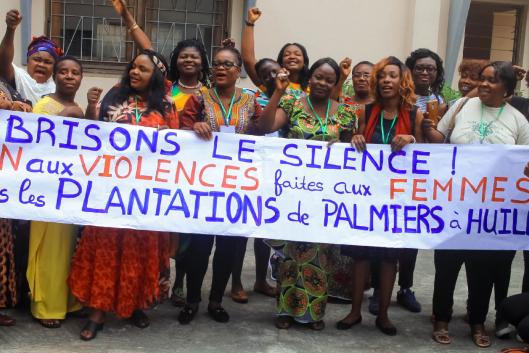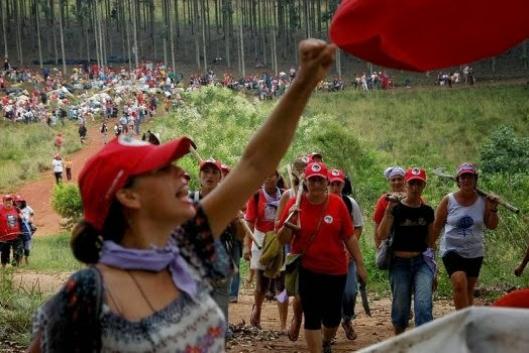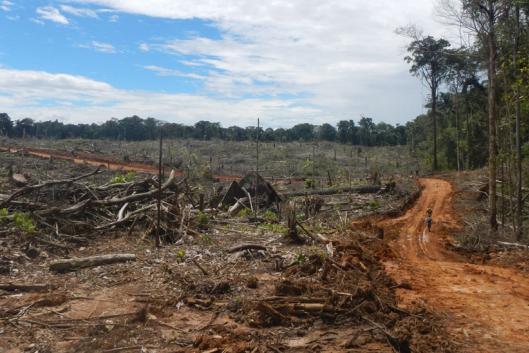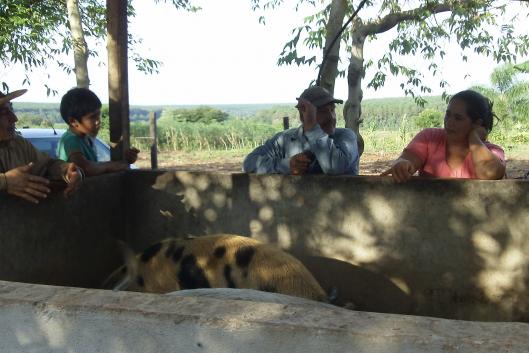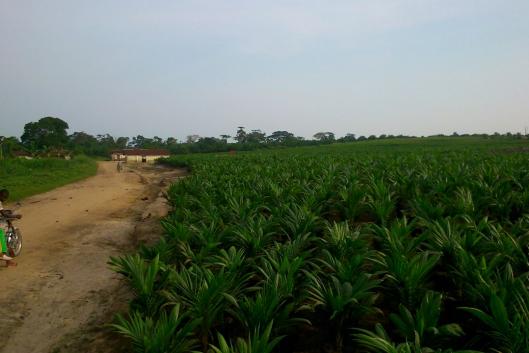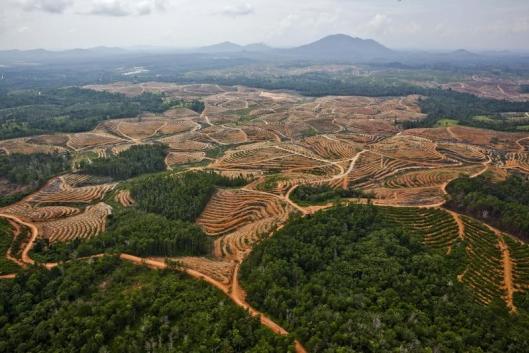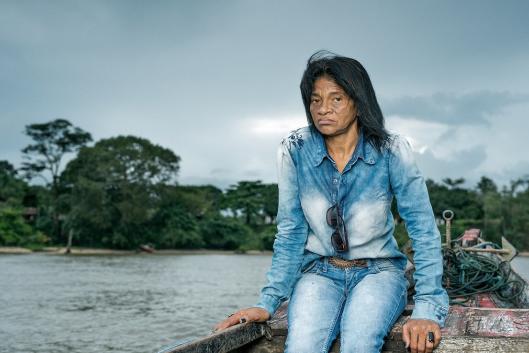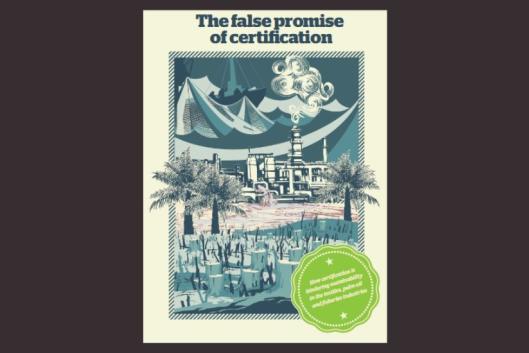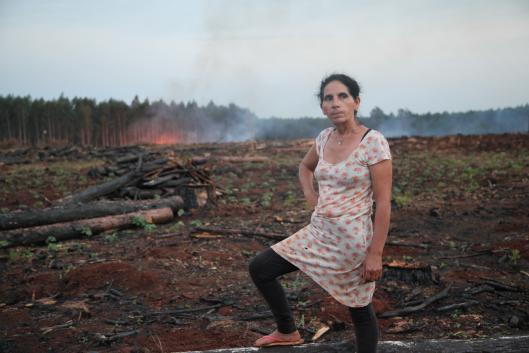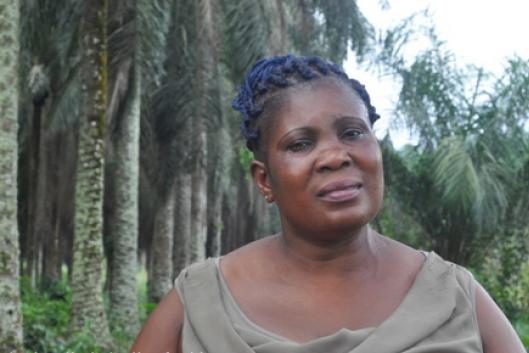On this September 21st, a message of solidarity and homage to the communities, community-based organisations and activists who are fighting in many different ways and places to stop monoculture tree plantations.
Bulletin 239 - September 2018
In solidarity with communities' struggles against industrial tree plantations.
WRM Bulletin
239
September 2018
OUR VIEWPOINT
IN SOLIDARITY WITH COMMUNITIES' STRUGGLES AGAINST INDUSTRIAL TREE PLANTATIONS
-
26 September 2018A song by By Ajele Sunday, Nigerian artist. His community suffer land grabbing from oil palm companies. Listen to the song.
-
26 September 2018Communities affected by oil palm plantations organized a Forum in the city of Yurimaguas to denounce and expose the social and environmental impacts of these plantations.
-
26 September 2018Over the last ten years, through organization and struggle, families in northeast Argentina have managed to recover land monopolized by multinational corporation Arauco. Now, they are growing food there.
-
26 September 2018Interview with Solange Bolembe, from RIAO-RDC, about the many challenges that women face who live in communities affected by vast oil palm plantations managed by Feronia-PHC, a company financed by several European development banks.
-
26 September 2018The chain of impacts caused by the expansion of tree plantations that provide the raw material for the production of paper. The article looks specially at companies linked to the Asia Pulp & Paper Group (APP), APP-Sinar Mas Group, and APRIL.
RECOMMENDED
-
26 September 2018“The world is deadlier than ever for land and environmental defenders, with agribusiness the industry most linked to killings,” according to the last Global Witness research. The report shows that agribusiness including coffee, palm oil and banana plantations are most associated with these attacks. Read the complete report at: https://www.globalwitness.org/en-gb/campaigns/environmental-activists/at-what-cost/
-
26 September 2018This report from Changing Markets Foundation is focused on the environmental impacts of certification schemes and voluntary initiatives in the fisheries, palm oil and the textiles industry. It affirms that “as sustainability goes mainstream, more and more companies are keen to show off their credentials by adopting different types of certification, labels and ethical commitments” and that “in each of the three sectors investigated in this report, there is a clear environmental crisis that cannot be resolved by voluntary initiatives alone – even if these were made to be more robust.”
-
26 September 2018This web report shows the complex dynamics involved in land use and how a consultation over a plantation company's access to land was interpreted totally differently by the two sides. The web report also documents how local officials and community leaders attempting to promote what they see as "development" but which has negatively affected local people. Access the web report “Land of plenty, but of only a few” here: http://terradealguns.divergente.pt/en/
-
26 September 2018The documentary recounts the recovery of land the cooperative of Independent Producers of Piray (PIP) in Misiones, Argentina, reclaimed from the multinational plantation company Arauco. After 14 years of struggle, the cooperative demonstrates that another production model is possible. Organic family farming produces food where some years ago, large-scale pines and eucalyptus plantations degraded land and jeopardized local livelihoods. Watch the video (only available in Spanish) here: http://canalabierto.com.ar/2018/06/22/estreno-online-roja-tierra-nuestra-la-historia-de-un-triunfo-agrario/
-
26 September 2018The Société Financière des Caoutchouc (Socfin) group is one of the world’s biggest plantation companies. In Cameroon, a bitter land rights struggle has unfolded between villagers and Socfin’s local subsidiary Socapalm, which owns six palm oil concessions in the country. In this Fern report and photo story women give testimony on the impacts that the Socapalm plantations have over their territories and lives, how the company has expanded its plantations onto community land, polluted the environment, and prevented villagers from processing their own palm oil. Access the photo story here: https://fern.org/takingonthepalmoilgiant
